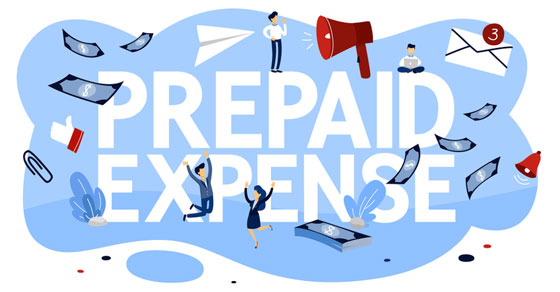
by Amanda Bernard, CPA, CFE, CMA
The new environment created by the pandemic has accelerated the movement of the auditing profession toward using remote techniques to perform engagements that were once completed on-site at clients’ offices. Although these changes have been challenging, an auditor’s commitment to quality, adherence to professional standards and ability to provide meaningful client services remains the highest priority.
In the remote auditing environment, communication is of utmost importance. Auditors attempt to mirror the face-to-face communications everyone is accustomed to by using meeting technology such as Zoom or GoTo Meeting. Most documents can be shared with the auditors remotely using email or a file-sharing portal. Tech-enabled walkthroughs of internal controls are also frequently performed using screen-sharing technology. The auditors will provide a way to send documents and data using encrypted file sharing methods to minimize risk of exposure of any personally identifiable information (PII).
Similar to on-site audits, remote auditing requires coordination between the key players so that the audit can progress timely. Updates and status emails are used throughout the audit to ensure the team members and client management are on the same page. Most audits begin by the auditor providing a list of documents and other items requested, along with an expected delivery date and timeline. The items requested may come from a variety of sources within the organization and may require additional coordination by an audit facilitator in the remote working environment. If there are items that are not able to be shared electronically, the auditors will determine the best approach to obtain the requested information.
Tips for a successful remote audit:
• Adopt the use of security-enhanced technology to mitigate the risk of network attacks, such as VPNs, password protected documents and data encryption
• Ensure familiarity with the planned meeting technology prior to scheduled meetings with the auditors to avoid unnecessary delays
• Appoint an audit facilitator to manage the logistics and coordinate delivery of requested documents
• Be prepared to scan any required source documents that exist only on paper, such as check stubs, timesheets, and invoices.
• Set a separate expected timeline for staff to deliver auditor-requested documents to the audit facilitator a few days before the date on the auditor’s timeline. This allows time for review and coordination of the documents before sending them to the auditor
• Plan for regular check-in times with auditors to evaluate progress, iron out any issues and streamline the flow of communication.
Following these tips ensures the audit remains efficient and high quality in this new remote working environment. We will face these challenges together to ensure a smooth audit process and delivery of the same excellent client services you are accustomed to.



